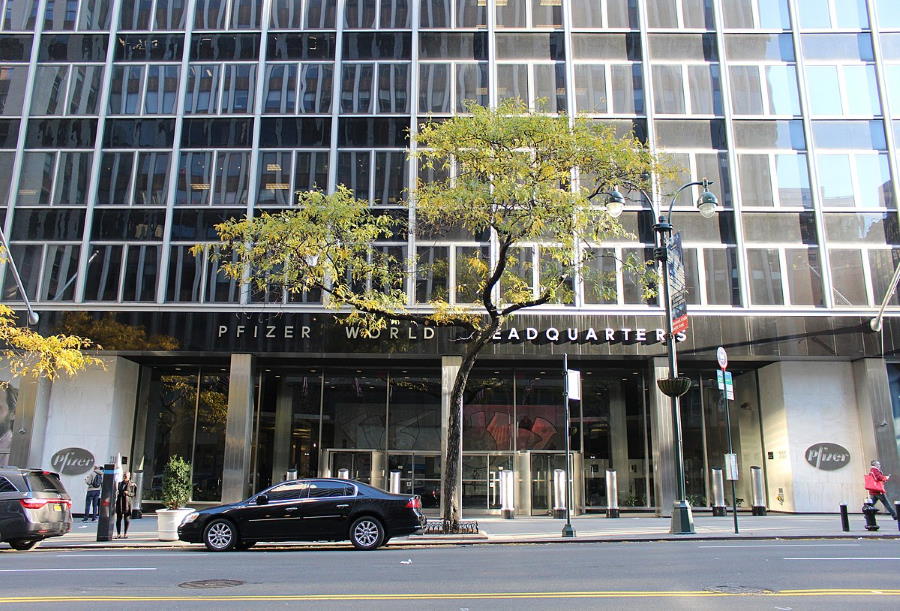Pfizer gets bumper $5.3bn order from US for oral COVID drug

Already making big profits from its COVID-19 vaccine, Pfizer looks set to bolt on another big revenue stream with its oral antiviral drug Paxlovid after scoring a $5.3 billion order for the drug from the US government.
The deal is dependent on Paxlovid (PF-07321332/ritonavir) being granted either emergency use authorisation (EUA) or full approval, although that looks a safe bet after the drug was shown to reduce COVID-related hospitalisations and deaths by almost 90% in a phase 3 trial.
The order for 10 million treatment courses has come in just a few days after Pfizer filed an EUA application for Paxlovid as a treatment for adults who are newly diagnosed with COVID-19 and are at risk of developing severe disease.
Pfizer said it is due to deliver the courses beginning later this year, with the contract due to compete in 2022. It added that the price being paid by the US government "is reflective of the high committed volume of treatment courses being purchased."
President Joe Biden said in a statement that he has "taken immediate steps to secure enough supply for the American people," adding that Paxlovid "could prove to be another critical tool in our arsenal that will accelerate our path out of the pandemic."
He stressed however that vaccines are the key to beating COVID-19, urging parents of children aged five to 11 to take advantage of the immunisation programme. The US is also poised to advocate booster shots for all over-18s, according to press reports.
The deal with Pfizer outstrips the US administration's recently-expanded order for 3.1 million courses of Merck & Co and Ridgeback Biotherapeutics' rival oral antiviral molnupiravir, worth $2.2 billion, which was announced earlier this month. Merck's drug has already been approved in the UK as Lagevrio.
The top-line data for Pfizer's drug seem favourable at first glance with Merck and Ridgeback's MOVe-OUT trial, which revealed a 50% reduced risk of hospitalisation or death in compared to placebo with molnupiravir.
There have also been come concerns about the risk of birth defects with molnupiravir due to its mechanism of action that can lead to DNA changes, and Pfizer has been quick to point out that it has found no evidence of "mutagenic DNA interactions" with its protease inhibitor.
Like Merck, Pfizer has also agreed to grant a royalty-free license to its oral antiviral to the UN-backed Medicines Patent Pool, which will be able to sublicense the know-how to make Paxlovid to generic drugmakers for distribution in 95 lower-income countries.
It has also said it will invest up to $1 billion of its own funds to support the manufacturing and distribution of the drug.
Paxlovid is given as two 150mg tablets of PF-07321332, along with one 100mg tablet of ritonavir, taken twice a day for five days. The price paid by the US suggests that the drug will cost around $529 per course, less than the $700 per course agreed with Merck.












